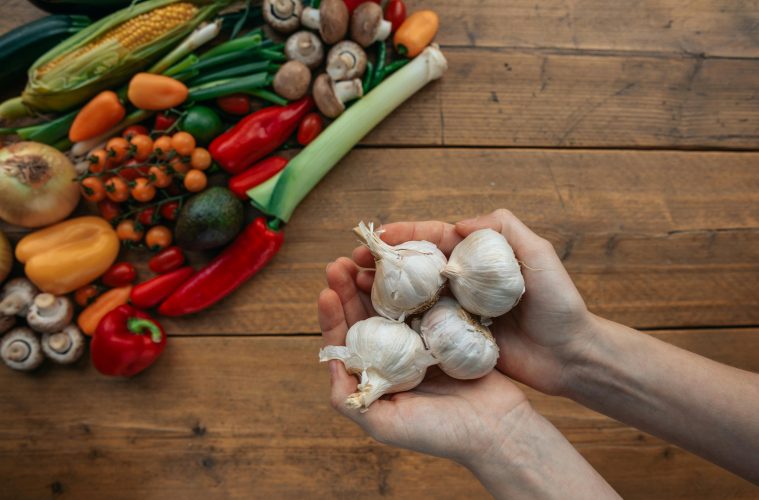February is Reproductive Health Month in South Africa, making it the perfect time to focus on natural ways to support fertility—starting in your garden.
While no single food can guarantee conception, certain nutrient-rich plants may help create a healthy foundation for reproductive wellness. The best part? You can grow them right at home!
Leafy greens
Spinach, kale, and Swiss chard are packed with folate, iron, and calcium—key nutrients that support egg health and early fetal development. These hardy greens thrive in well-drained soil with plenty of sunlight. Harvest the outer leaves regularly to encourage continuous growth.
Citrus fruits
Lemons, oranges, and limes are loaded with vitamin C and folate, essential for hormone regulation and ovulation. Citrus trees do well in sunny spots with well-draining soil. If you have limited space, consider growing a dwarf variety in a large pot.
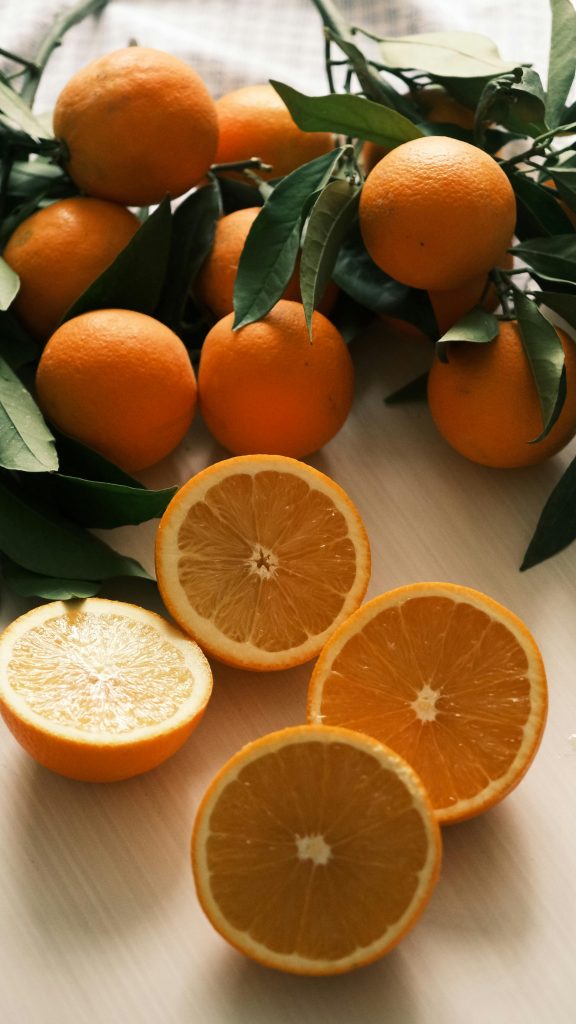
Image: Pexels
Avocados
Rich in healthy fats, folate, and vitamin K, avocados support hormonal balance and nutrient absorption. These evergreen trees flourish in warm climates with good drainage. If you’re growing from seed, be patient—avocado trees take time but reward you with creamy, nutrient-dense fruit.
Berries
Strawberries, blueberries, and raspberries are full of antioxidants that may help reduce inflammation and improve reproductive health. These delicious berries grow well in raised beds, hanging baskets, or even containers, making them a great choice for small gardens.
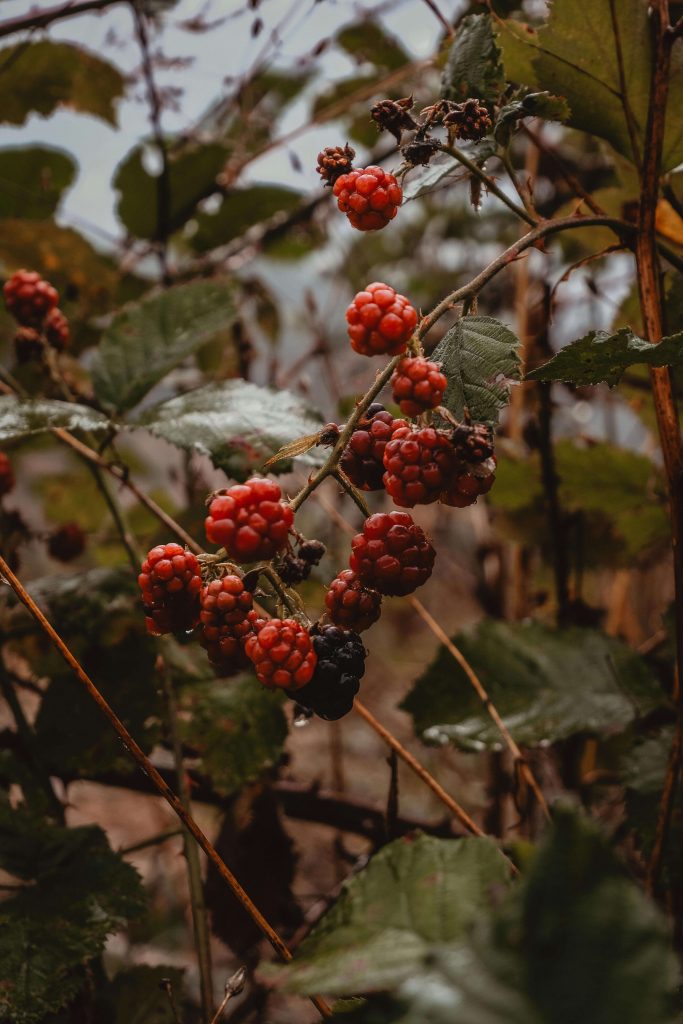
Image: Pexels
Read more: Easy medicinal plants and herbs to grow in your garden
Beans and lentils
A fantastic source of plant-based protein, folate, and iron, beans, and lentils help support a healthy menstrual cycle. They grow well in most climates and can be planted directly in your garden or in deep containers. Opt for varieties like black beans, kidney beans, or chickpeas for a nutrient boost.
Walnuts
One of the few plant-based sources of omega-3 fatty acids, walnuts may improve sperm quality and overall reproductive health. Walnut trees need space to grow and prefer well-drained, fertile soil. While they take a few years to produce nuts, they’re a worthwhile long-term investment.
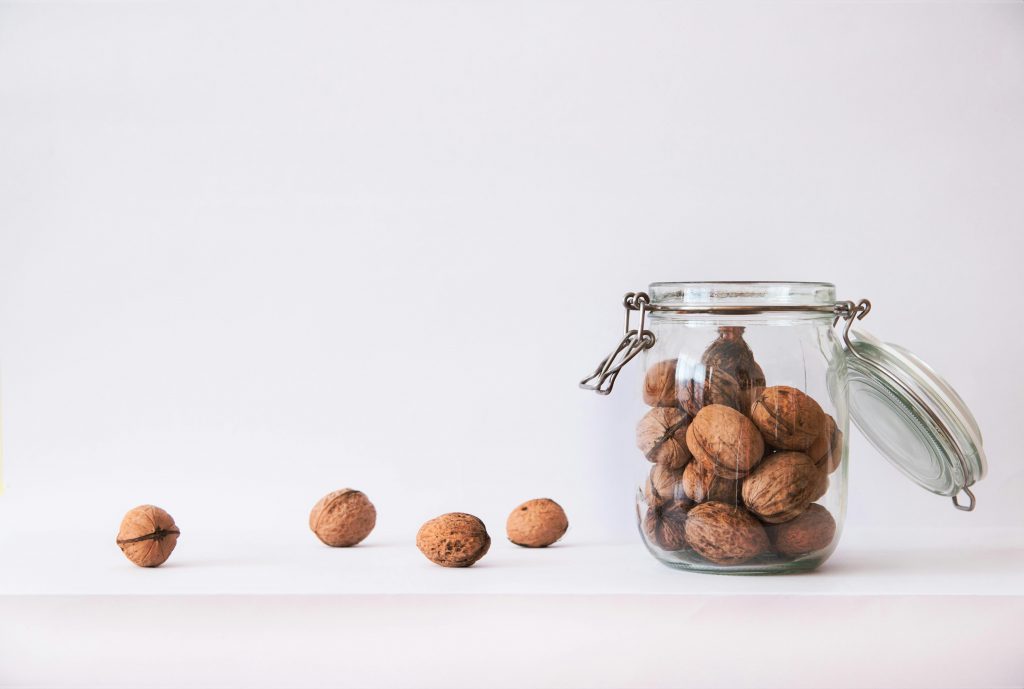
Image: Pexels
Sunflower seeds
Sunflower seeds are packed with vitamin E, a crucial nutrient for reproductive health. These easy-to-grow flowers not only brighten up your garden but also provide a nutritious snack. Simply dry the seeds after harvesting for a homegrown fertility boost.
Sweet potatoes
High in beta-carotene, which the body converts into vitamin A, sweet potatoes support embryo development. They grow best in warm, loose soil and can be cultivated in garden beds or large containers. Plus, their edible leaves make a nutritious addition to your meals.
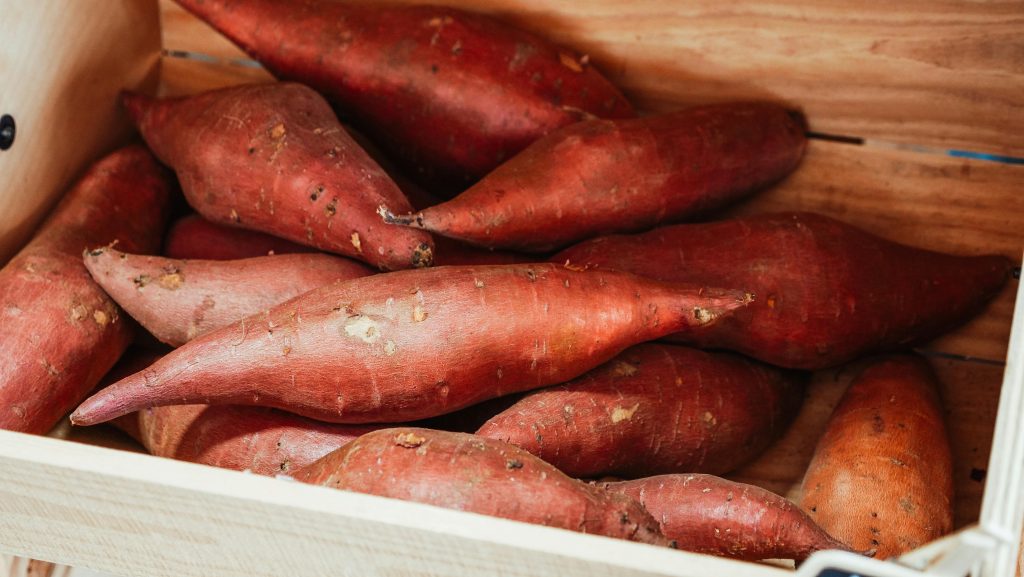
Image: Pexels
Quinoa
This ancient grain is rich in protein, folate, and zinc, which are all essential for reproductive health. Quinoa is easy to grow in well-draining soil and requires minimal maintenance. Once harvested, the seeds can be cooked like rice or used in salads.
Garlic
Known for its immune-boosting properties, garlic also contains selenium, a mineral that may improve sperm health. It’s a simple crop to grow—just plant individual cloves in well-draining soil and wait for them to mature into full bulbs.
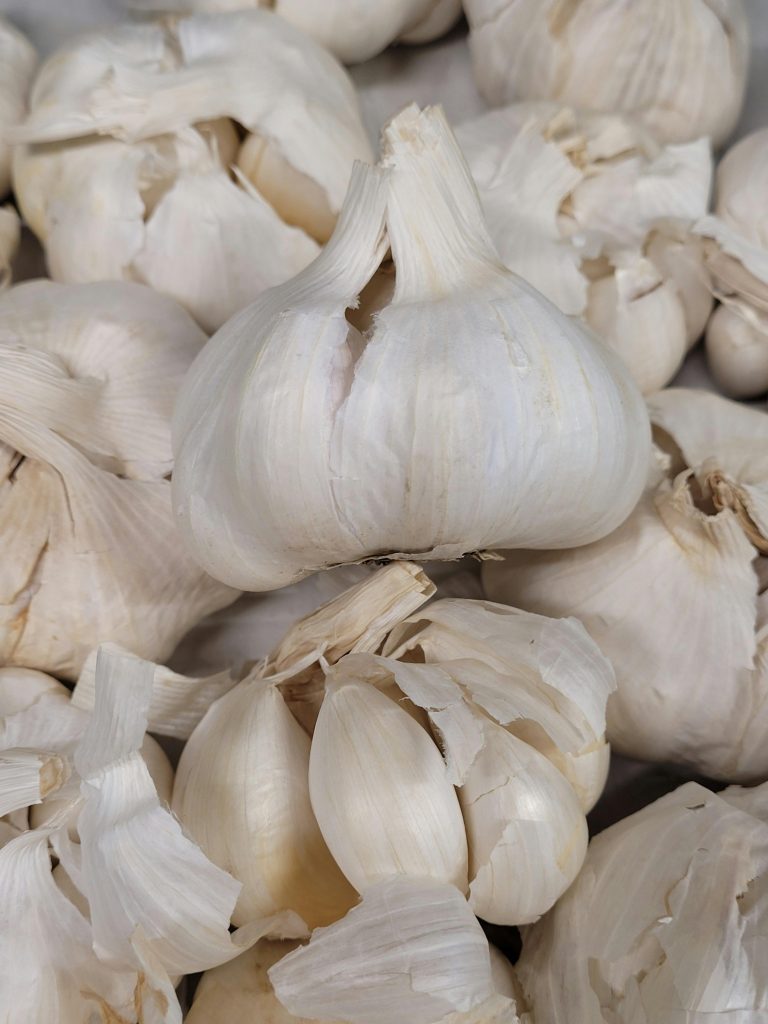
Image: Pexels
Grow, harvest, and thrive
By cultivating these fertility-friendly foods in your garden, you’re not only creating a fresh and organic source of nutrition but also fostering a deeper connection to the land and your health.
Whether you’re trying to conceive or simply looking to nourish your body, a well-planned garden can be a beautiful step toward wellness.
ALSO SEE: The best herbs and plants to grow for women’s health
Image: Pexels

